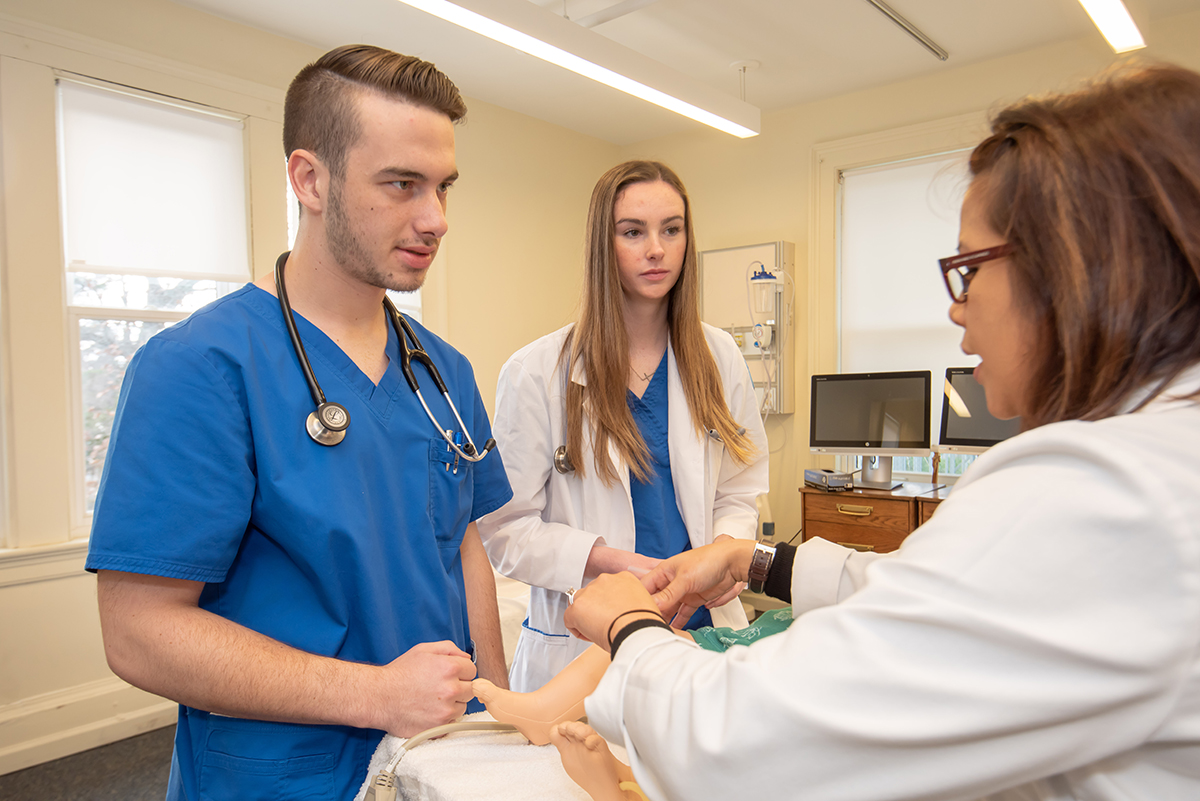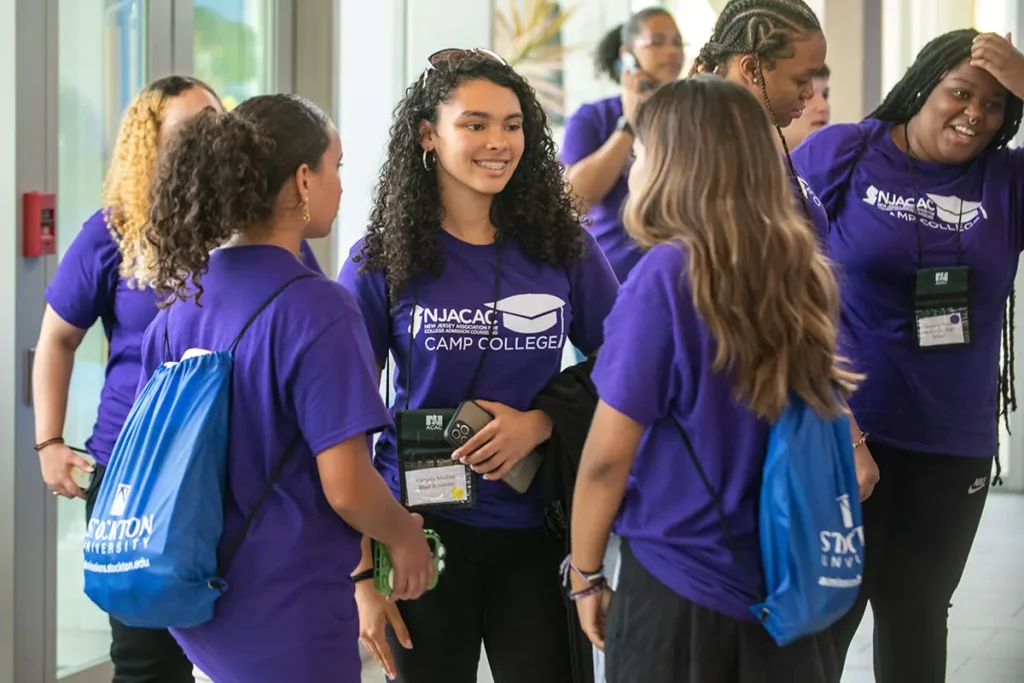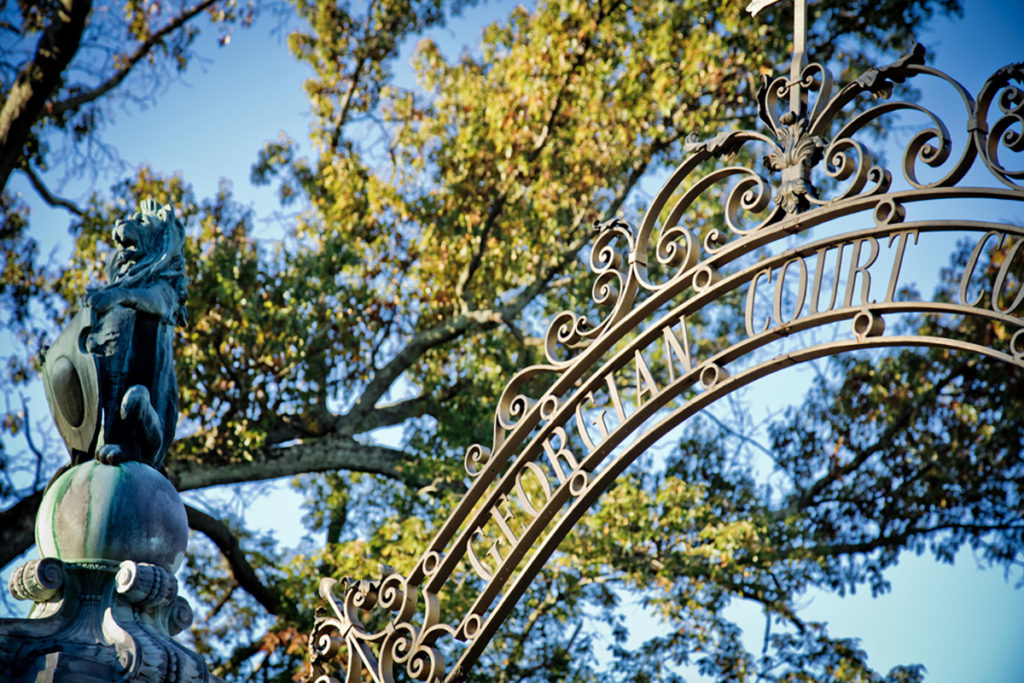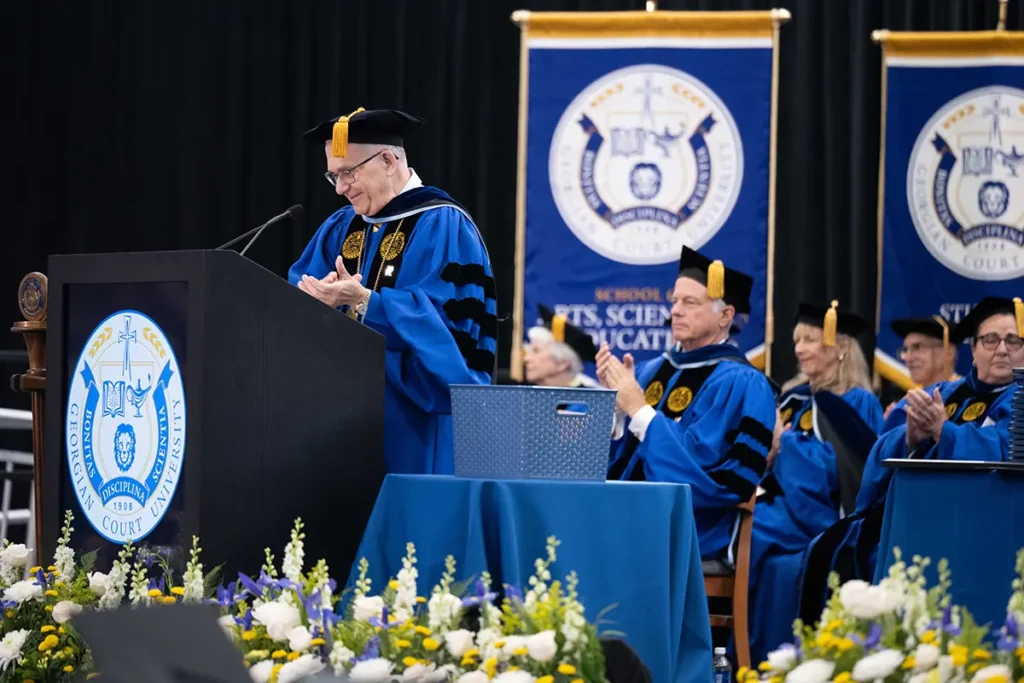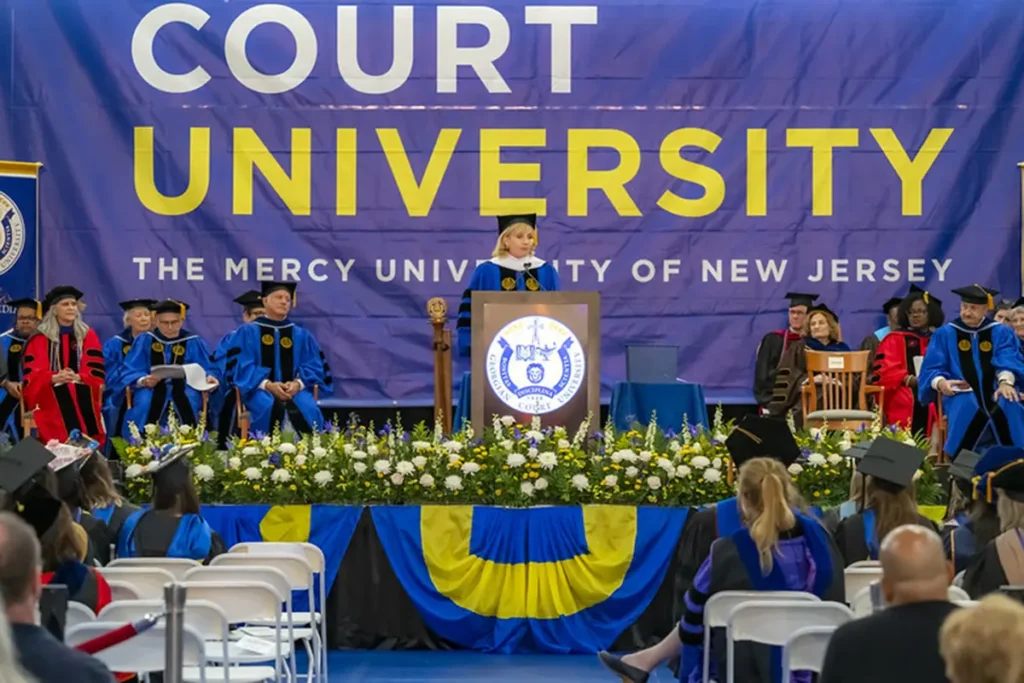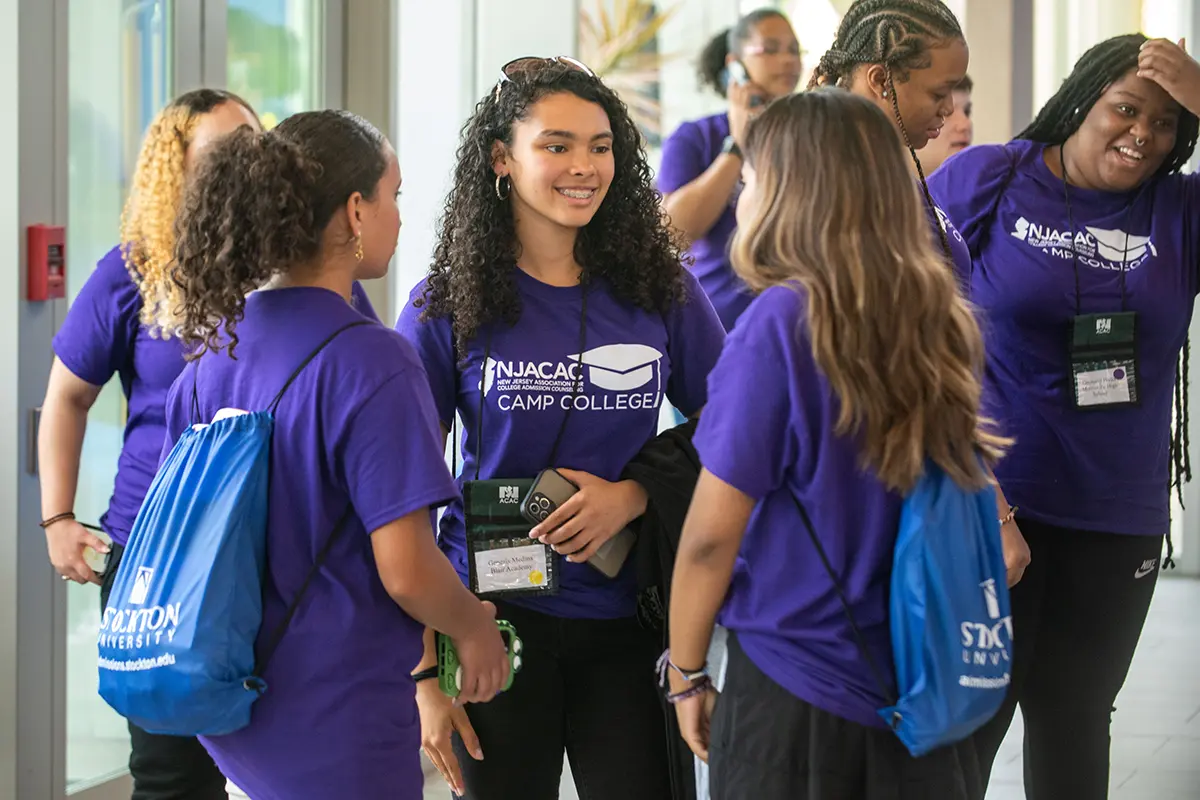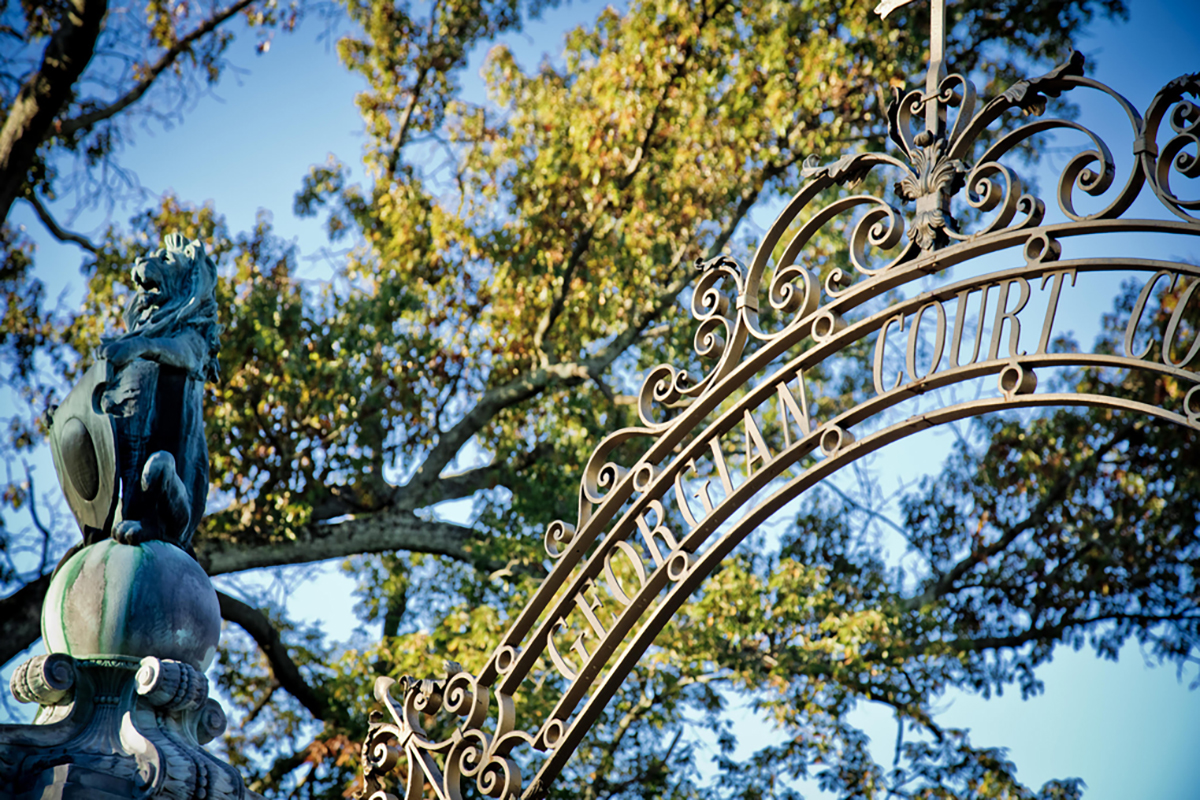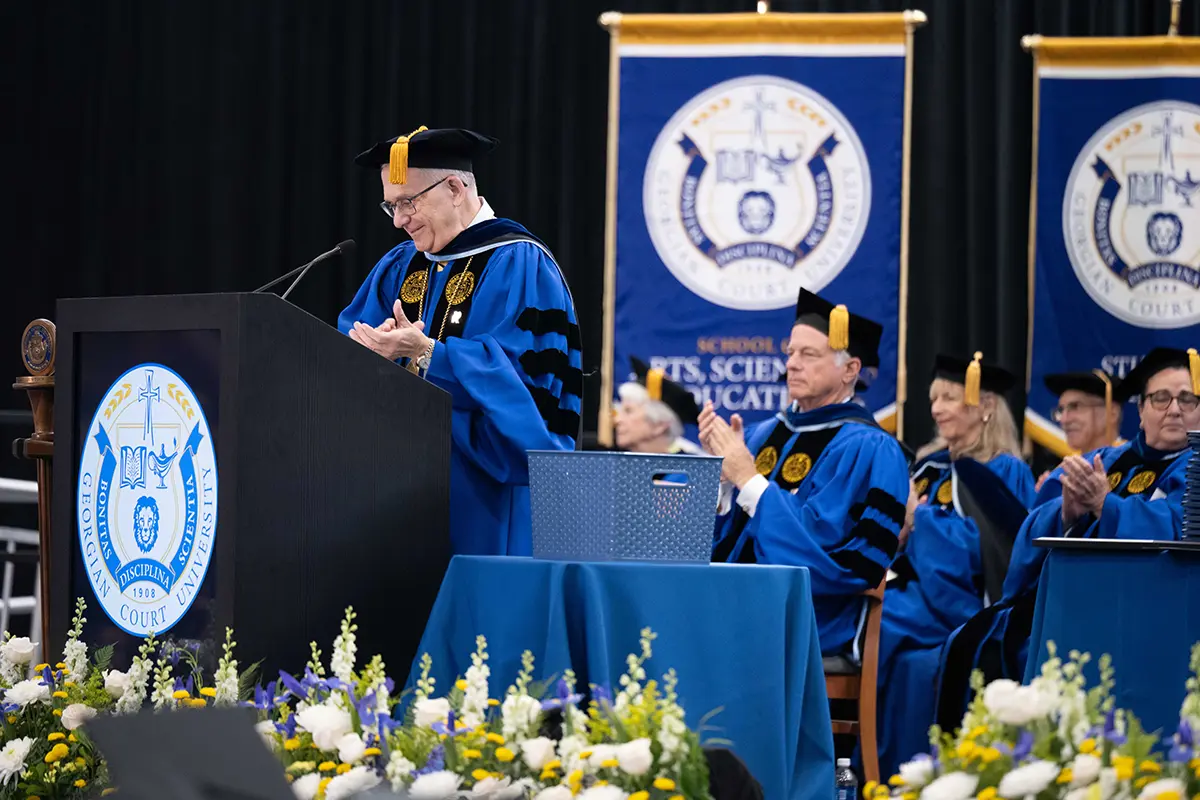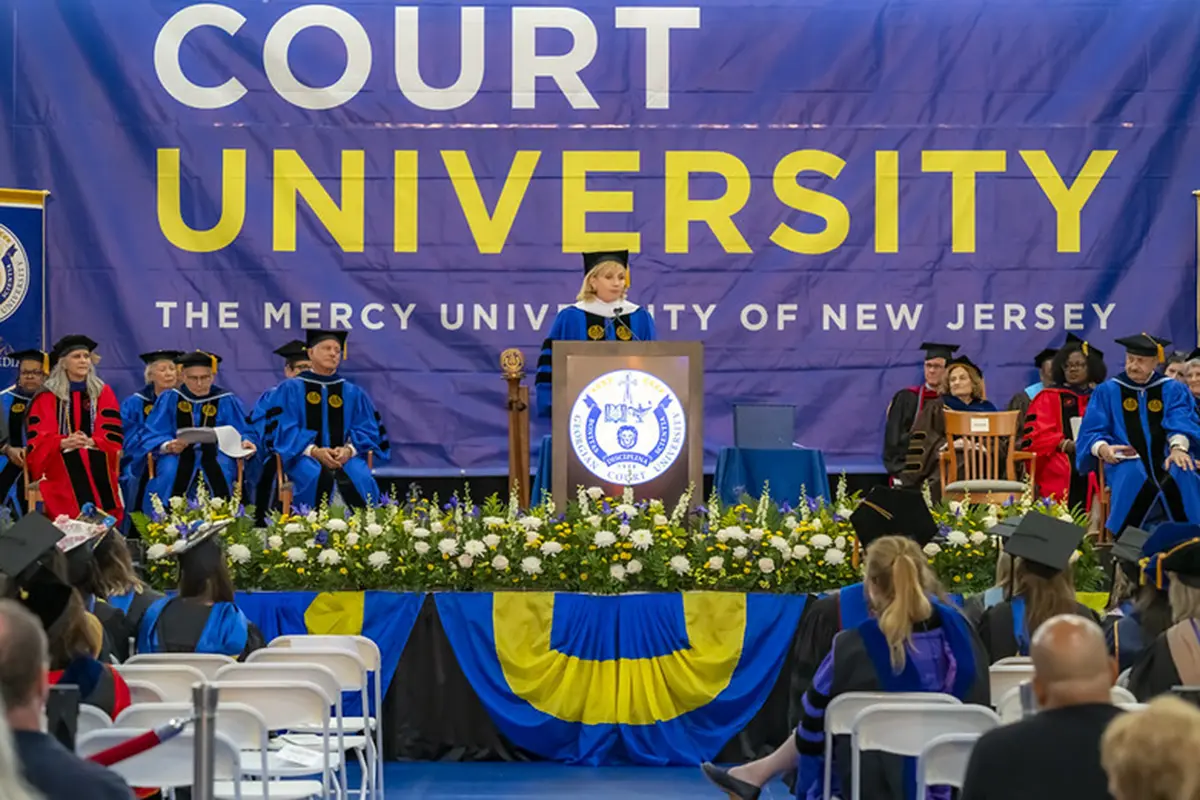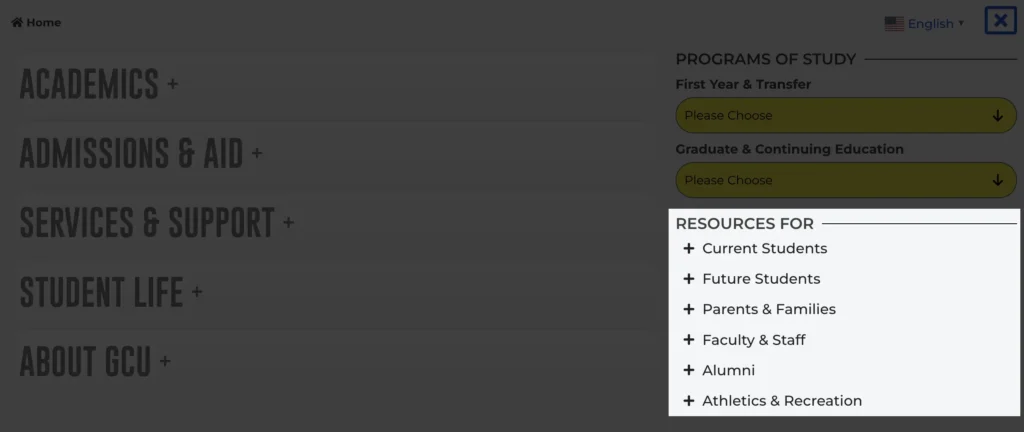Georgian Court University alumni see an economic gain—or return on investment—of nearly $900,000 over the course of their careers, according to “A First Try at ROI,” a new report that ranks long-term earnings of graduates from 4,500 two- and four-year colleges. The national findings, published by the Georgetown University Center on Education and the Workforce (CEW), reinforce Georgian Court’s commitment to matters of access and affordability—both key issues for GCU, where 40 percent of undergraduates are first-generation college students.
“College leaders are often asked the persistent question about ROI and whether a college degree is still worth it—and yes, it is,” said Georgian Court President Joseph R. Marbach, Ph.D. “The new CEW report delivers additional return on investment data that addresses the same question with an unequivocal ‘yes.’
“At Georgian Court, we provide a lifeline to the middle class, which is especially important considering nearly four of every 10 GCU students are from a lower-income family,” Dr. Marbach added. “We know how much a college degree means to our students, and that drives our focus on access and affordability. We provide a high-quality education that will serve our students well into the future—in their careers and in the communities they serve.”
Return on Investment Research Resonates
“A First Try at ROI” ranks Georgian Court at #1,085 out of 4,500 schools for net present value (NPV) 40 years after enrollment. The Chronicle of Education, in its news coverage, explains the rankings this way: “To measure ROI, the study uses net present value, which estimates how future earnings are valued in the present. The measure, calculated using data from the [federal] College Scorecard, essentially weighs the cost of paying for college against what students could potentially earn down the line.”
Georgetown’s ROI report examined the national College Scorecard to determine return on investment. Researchers found that bachelor’s degrees from private colleges, on average, have higher ROI than degrees from public colleges 40 years after enrollment. The Georgetown authors also said that “community colleges and many certificate programs demonstrated the highest returns in the short term, 10 years after enrollment, though returns from bachelor’s degrees eventually overtake those of most two-year credentials.”
The return on investment extends beyond cash and career earnings; these students will make a difference in people’s lives.”
Dr. Joseph R. Marbach, GCU President
Overall, the ROI research resonates at Georgian Court.
“As more first-generation students are able to earn a college degree, we are able to help strengthen the middle class, which has been largely stagnant since the Great Recession,” said Dr. Marbach, noting that GCU is a 2019 top performer for social mobility in U.S. News and World Report rankings.
“We’re also proud of the professions these students choose—jobs that lead to fulfilling careers economically and work that often reflects their desire to give back,” he said. “And our institutional research tells us that first-generation students are gravitating toward nursing, psychology, education, business, and social work. The return on investment extends beyond cash and career earnings; the work of our students and alumni makes a difference in people’s lives.”

